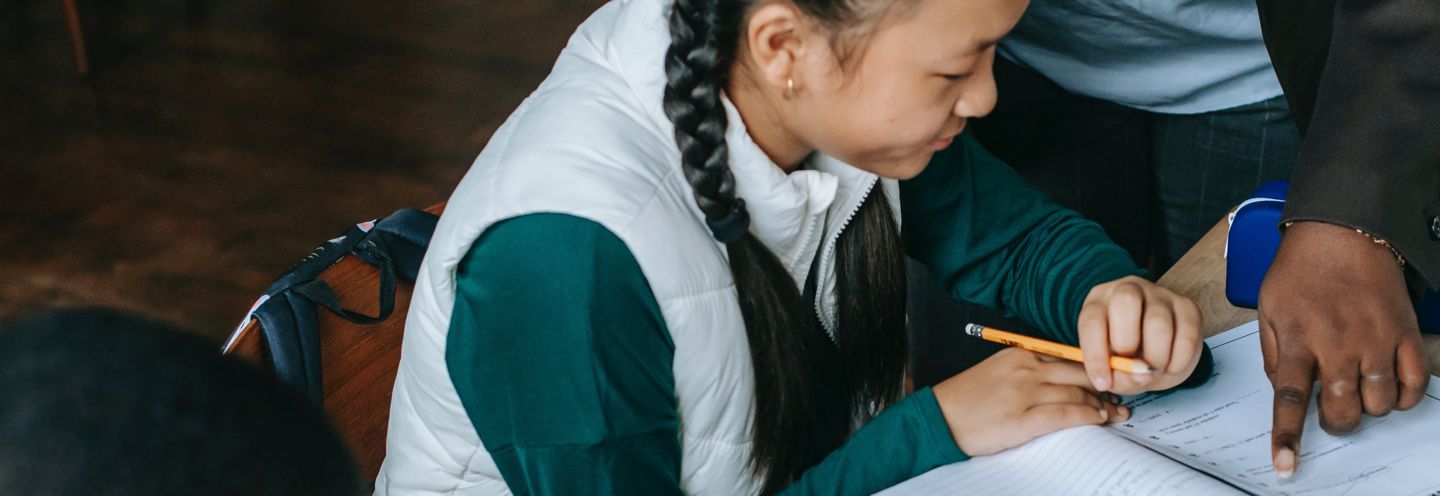Teacher Resources | 380 Results

You may not realize it, but you have a lot of power when you’re online: you can cheer people up, make them laugh, and help to make your school, your town or even the whole world a better place. The

In this lesson, students explore a variety of anti-drinking and alcohol awareness campaigns in order to determine their effectiveness. Students will deconstruct the different approaches that have

In this lesson, students are introduced to Earth Day and the theme of “Green Cities”. After listening to a short presentation on the concept of a “green city” and elements that constitute a green

Studies have found that fast-food ads dominate children’s programming. In order to give children a perspective on the lure of snack-food advertisements, it’s important that they understand where

In this lesson, students learn about the history of film editing and how shot composition, juxtaposition of images and the use of rhythm and repetition in film editing can affect the emotional impact

This tip sheet will give you some tips for building a healthier relationship with social media so you can avoid the comparison trap and feel better about yourself online.Understand How the '

This is the first of three lessons that address gender stereotypes. The objective of this lesson is to encourage students to develop their own critical intelligence with regard to culturally

This lesson helps children become aware of the types of violence that appear in the media, the frequency with which these acts occur, and how they respond to these acts. It begins with a guided

The Facing Online Hate tutorial examines how the Internet is used to spread and incite hate – and how parents, community leaders and educators can respond. The first part of the tutorial provides an

In this lesson, students explore the absence, or unrealistic portrayal, of consequences to violence in the media.

